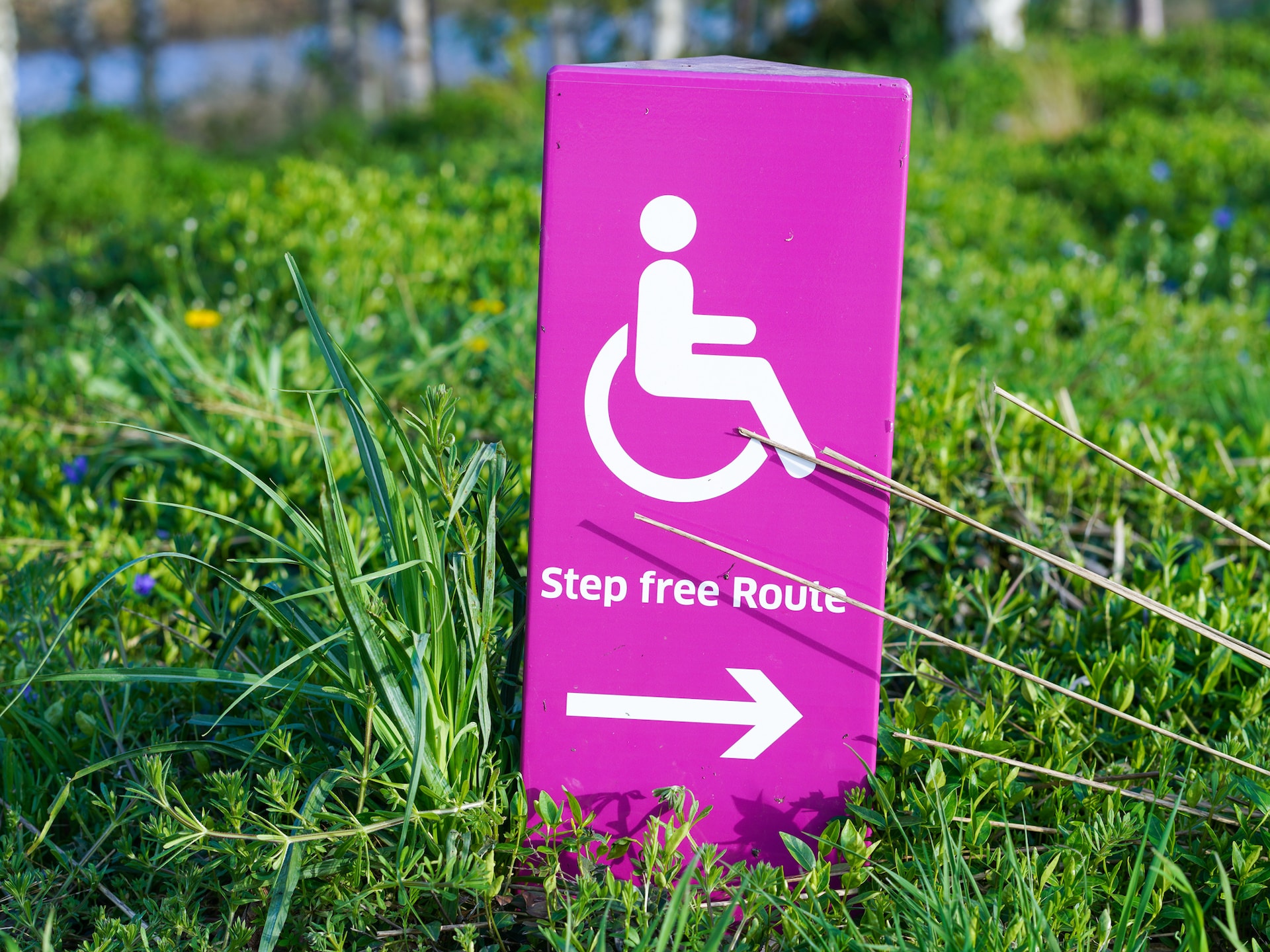Embracing Disability Inclusion in the Workplace to Unlock Opportunities for All
Society is becoming increasingly aware of the importance of inclusivity, particularly in the workplace. Companies across the globe are recognizing the immense value that disabled individuals bring to the table, both in terms of unique perspectives and untapped talents. Embracing disability inclusion is not just a legal obligation, but a strategic move that fosters a culture of diversity, boosts innovation, and drives organizational success.
Understanding the concept of disability inclusion is crucial to dismantling barriers and creating an environment where everyone can thrive. Disability encompasses many conditions, including physical, sensory, cognitive, and mental health impairments. By accommodating and empowering individuals with disabilities, organizations can meet legal obligations and tap into a pool of talented professionals ready to contribute their skills.
When companies prioritize disability inclusion, they demonstrate their commitment to equal opportunities and become catalysts for societal change. By creating accessible workplaces, fostering inclusive cultures, and providing necessary support, organizations set a powerful example for others to follow. Moreover, they reap the benefits of a diverse workforce, improved well-being, including enhanced creativity, problem-solving capabilities, and improved employee engagement.
Building an Inclusive Environment
To foster disability inclusion, organizations must create an inclusive environment where employees feel valued, respected, and supported. This involves developing policies and practices that promote accessibility, such as wheelchair ramps, assistive technologies, and braille signage. By investing in these measures, companies send a strong message that they prioritize the well-being and productivity of all their employees.
Breaking Stigma and Raising Awareness
Overcoming stigmas associated with disabilities is crucial for fostering a culture of inclusivity. Education and awareness programs play a vital role in challenging misconceptions, dispelling stereotypes, and fostering empathy among employees. Companies can organize workshops, training sessions, and guest speakers to promote disability awareness, encourage open dialogue, and create a more supportive work environment.
Flexible Work Arrangements
Implementing flexible work arrangements is essential to accommodate the unique needs of disabled employees. Offering options such as remote work, flexible hours, and job-sharing arrangements allow individuals with disabilities to effectively manage their personal and professional responsibilities. Such flexibility promotes work-life balance and improves productivity and job satisfaction.
Assistive Technologies
Assistive technologies are powerful tools that enable individuals with disabilities to overcome barriers and unleash their full potential. From screen readers and speech recognition software to mobility aids and ergonomic workstations, incorporating assistive technologies in the workplace enhances accessibility, fosters independence, and boosts productivity for disabled employees.
Empowering Leadership
Leadership plays a critical role in driving disability inclusion efforts. It is essential for managers and executives to lead by example, embracing diversity and advocating for disability inclusion in all aspects of the organization. When leaders prioritize disability inclusion, it creates a ripple effect throughout the company, empowering employees and inspiring positive change.
Rehabilitation from Drugs and Alcohol
Supporting employees who are on the journey of rehabilitation from drugs and alcohol is an integral part of disability inclusion. Through programs like MAT rehab (Medication-Assisted Treatment), individuals can access the support they need to overcome addiction and reintegrate into the workforce. Companies that provide resources and a non-judgmental environment foster an inclusive workplace culture that promotes recovery and overall well-being.
Accessible Communication and Training
Effective communication is vital for disability inclusion. Organizations should ensure that their communication methods are accessible to everyone, including those with hearing, visual, or cognitive disabilities. Providing training and resources on inclusive communication helps employees understand how to communicate effectively with colleagues with disabilities, promoting understanding and collaboration.
Employee Resource Groups
Establishing employee resource groups dedicated to disability inclusion can provide a platform for disabled employees to connect, share experiences, and advocate for their needs. These groups can contribute to the development of inclusive policies, offer mentorship programs, and create a sense of community within the organization.
Embracing disability inclusion is a transformative step that organizations can take to create a more equitable and inclusive society. By fostering an environment that values diversity, organizations empower individuals with disabilities to thrive, contribute their unique perspectives, and improve their overall well-being. Together, let us champion disability inclusion in the workplace and unlock a world of opportunities for all. Improve your well-being as a disabled person by being part of an inclusive and empowering work environment.

